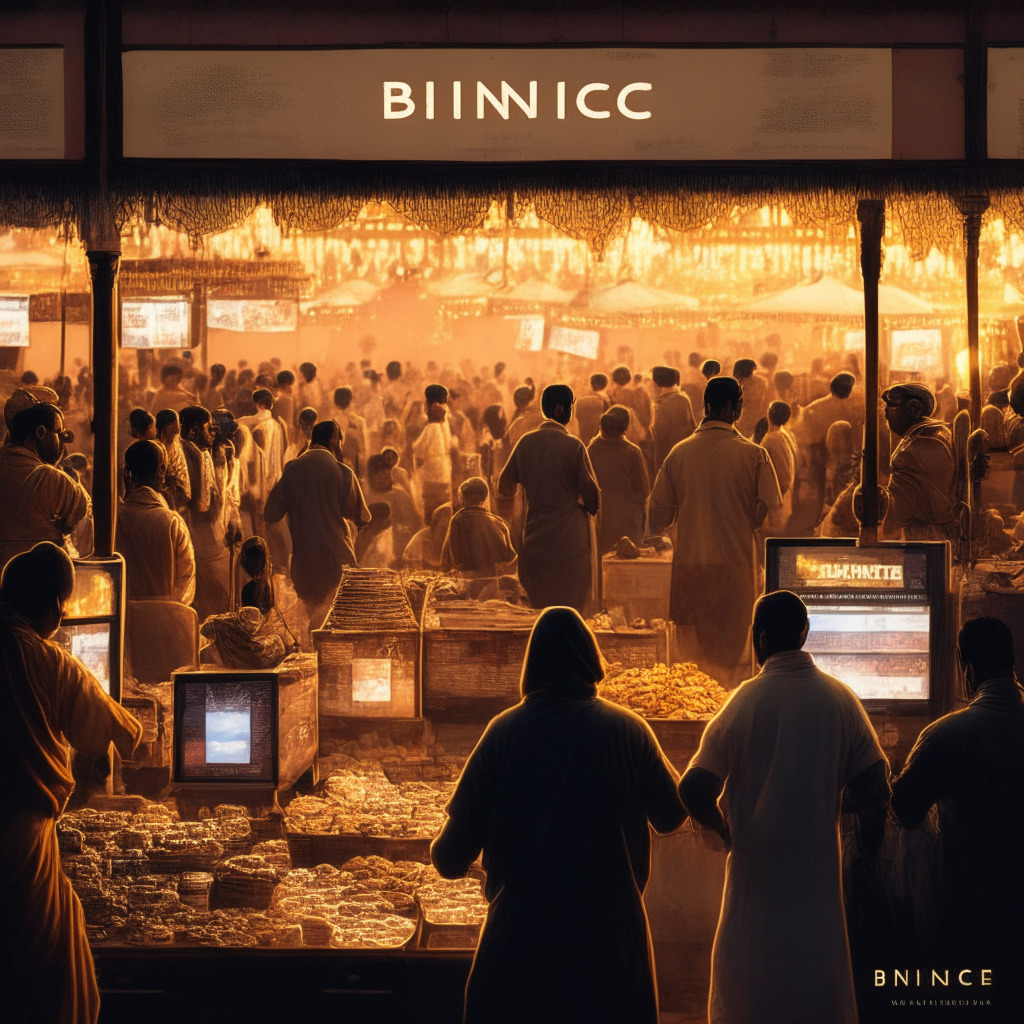A lively discourse is brewing in the corridors of Congress. United States Republican Representative, Warren Davidson, has rallied against Central Bank Digital Currencies (CBDCs), appealing to Congress to outlaw and criminalize their creation. These comments were spurred by a job position advertised by San Francisco’s Federal Reserve Bank seeking a “senior crypto architect” to work on a CBDC project.
Davidson launched a gravity-laden metaphor likening the Federal Reserve’s pursuit of CBDCs to “building the financial equivalent of the Death Star.” Official rhetoric this strong can inflame some while also exciting heated discussions on both professional and social platforms.
Davidson’s viewpoint is that CBDCs misalign money into a mechanism for coercion and control. His argument is reinforced by the belief that money ought to be a stable store of value, not something that can be programmable by a central authority. It brings to light an important yet subtle issue: while blockchain’s programmable nature is heralded as an innovation, does it invite potential pitfalls when wielded by governments?
The converse argument is that CBDCs are a natural progression in the digitization of finance. The Federal Reserve, for instance, is actively researching the technology for a potential digital dollar, although no final decisions have been made. This mirrors the landscape globally, where several nations are in various stages of CBDC development or deployment.
The implication could be significant. A digital version of the U.S. dollar might create a rift within the nation, and this topic could potentially become a pivotal talking point in an approaching presidential election. Notably, Florida Governor and U.S. presidential candidate Ron DeSantis has also voiced out his apprehensions about a Fed-controlled digital dollar.
Concerns extend beyond political circles. Independent bodies and think tanks have expressed their fears that a digital and programmable dollar might be “easily weaponized,” and serve as a tool for governmental surveillance, potentially choking out politically unpopular activities.
Despite the concerns raised, the discourse does highlight the significance and potential impact of CBDCs. It is becoming increasingly clear that a nuanced, well regulated, and informed approach is needed as we approach the future of digital finance. Nonetheless, as these discussions continue to unfold, they add yet another layer of intrigue and suspense to the already thrilling saga of blockchain and crypto.
Source: Cointelegraph




